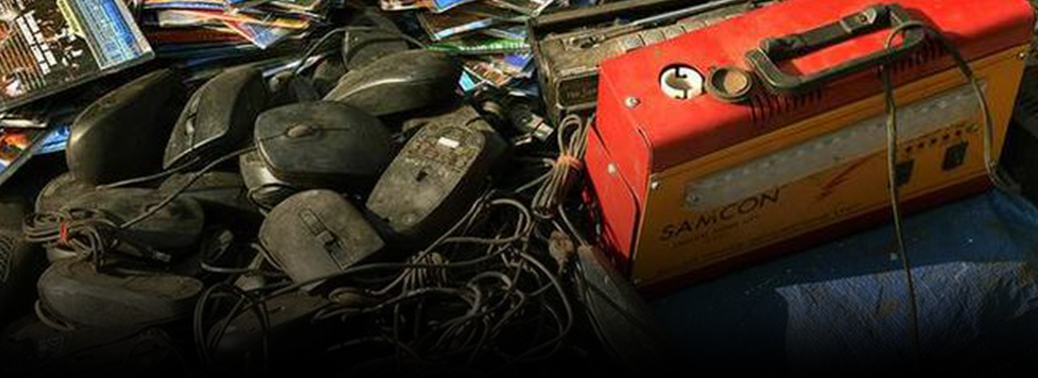E-WASTE: DISPOSAL NOT AS SIMPLE AS PRESSING CTRL, ALT, DELETE
17, May 2019

Prelims level : EN8 Pollution and waste Management
Mains level : GS3M Issues relating to Poverty and hunger
Why in News:
- More companies being brought into ambit of extended producers responsibility in T.N.
Background:
- A total of 65 companies with a presence in the State have been brought into the ambit of extended producers responsibility (EPR), which means they will be collecting their e-waste and ensuring that it gets properly disposed. Former Member Secretary of the Tamil Nadu Pollution Control Board (TNPCB) K. Karthikeyan said that it was a good thing that the Central Pollution Control Board was implementing EPR, as many companies have a pan- India presence.
- “Without EPR authorisation, companies cannot import and they cannot even sell their products. The final links in collection of home appliances, rejects and products bought in the grey market are yet to be established. We hope to see some progress soon,” he said.
Compliance key:
- Officials had the task of checking compliance by industries and any non-compliance would lead to suspension of the authorisation. Companies have to complete the network of e- waste collection and recycling before they get the authorization
- EPR, which is seeing some action of late, also brings bulk consumers such as IT companies and colleges into its ambit.
- We have registered bulk consumers with us and they submit annual returns of e-waste discarded and recycled. However, we don’t have a collective inventory of e-waste they recycle,” another official said.
-
K. Purushothaman, CEO, K7 Computing, who was formerly with Nasscom, said that it is very important we have a process which can help bulk users dispose of old and used computers. The security part of the data is too an equally important aspect, which also needs to be taken into consideration
A source in an IT company too stressed on the issue of data security while disposing of old computers. “Often NGOs ask us for old computers since we discard them once in three years. But it takes time and money to remove the data safely and, for the second user too, loading software is a costly affair. The Internet of Things on smart phones and tabs too is an issue, which must be dealt with by the government. - TNPCB recently invited bids from consultants who would be interested in doing an inventory of e-waste generators, collection centres, dismantlers, refurbishers and recyclers in the State. However, there were no takers, which led the body to write to institutes seeking their participation. “This inventory will help us take e-waste management to the next level since we would have the requisite data. Over 95% of e-waste in the State is still being dismantled and recycled in the informal sector. A few institutions have responded. We are waiting for the model code of conduct to end to proceed further in the matter,” the official said.
- This could help in tackling one of the major issues by reducing the E-waste and recycle them for the better use.






